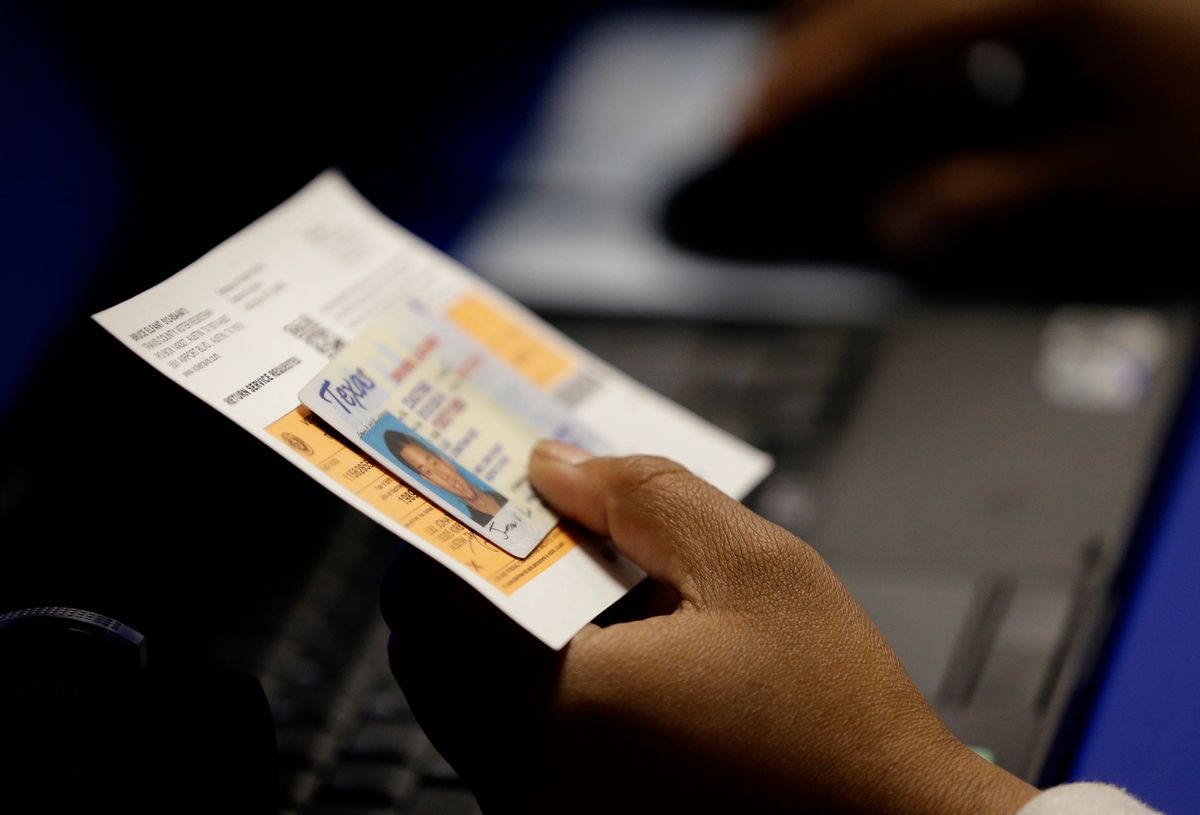Republican legislators throughout America are working to make it harder for minorities and the poor to vote.
The precise nature of the efforts varies from state to state, but there are at least 20 overall that are trying to restrict voting in some way, according to the Associated Press on Thursday.
Iowa and New Hampshire are trying to eliminate same-day registration and voting. Texas is shortening its early voting period. Arkansas, Indiana, Iowa, Maine and Nebraska are imposing new or stronger Voter ID laws.
All of this is being done despite all reputable research proving that in-person voter fraud is much more rare, and thus much less of a risk, than other threats to election integrity like voting machine tampering.
What's more, because these restrictions would disproportionately impact the poor, racial minorities, and college students — all of whom tend to vote Democratic — many critics claim the new laws are being pushed to disenfranchise Democratic voters and thereby help Republicans cheat to win elections.
There is already evidence that voting restrictions contributed to Hillary Clinton's loss to Donald Trump in crucial swing states like Wisconsin, while voter ID laws in states like North Carolina have been overturned in court for being racially discriminatory. Similarly, a committee in the Republican-controlled House of Representatives voted earlier this week to eliminate an independent election commission intended to make sure states guarantee fair voting.
On Thursday, Congress confirmed Jeff Sessions as attorney general — a man who early in his career used trumped-up voter fraud claims to disenfranchise African-American voters. This makes it unlikely that he will strive to enforce laws that protect voters from discrimination.



Shares